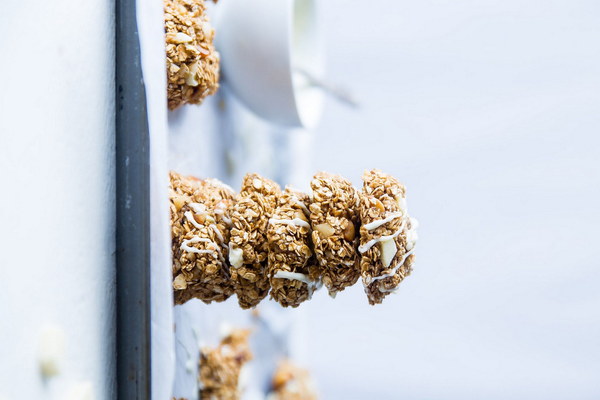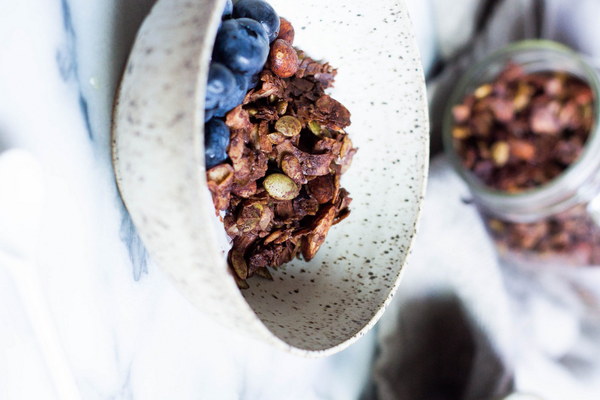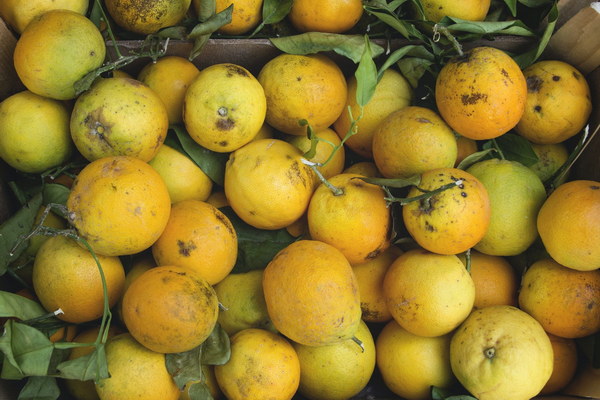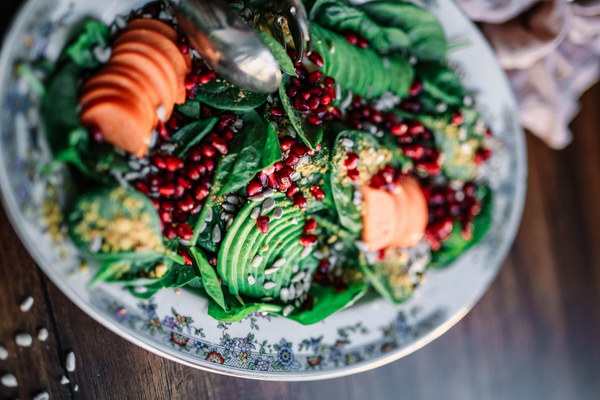Revitalize Your Body with the Power of Wetting Herbs A Soothing Bath Experience
In the pursuit of holistic health and wellness, many individuals are turning to traditional Chinese medicine for its natural and effective remedies. One such remedy that has gained popularity is the use of wetting herbs in a bath. This ancient practice not only provides relaxation and comfort but also offers numerous health benefits. Let's delve into the world of wetting herbs and discover how they can transform your bathing experience.
Wetting herbs, also known as diuretic herbs, are a collection of natural plants that have been used for centuries in Chinese medicine to promote diuresis, eliminate dampness, and alleviate various ailments. These herbs are believed to balance the body's Yin and Yang energies, thereby restoring harmony and promoting overall well-being.
When it comes to wetting herbs, there are several commonly used plants that are known for their diuretic properties. Some of the most popular ones include:
1. Atractylodes macrocephala (Cang Zhu): This herb is renowned for its ability to expel dampness and relieve bloating and edema. It also helps to strengthen the spleen and improve digestion.
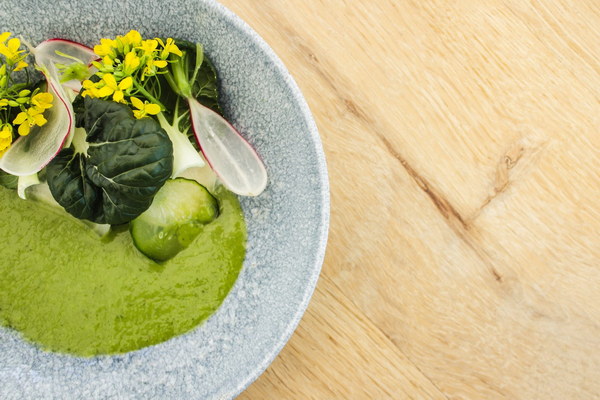
2. Alisma orientale (Ze Xie): Alisma is another herb that is highly effective in draining dampness and reducing swelling. It is often used in combination with other diuretic herbs to enhance their efficacy.
3. Poria cocos (Fu Ling): Poria is a fungus that is believed to have excellent diuretic properties. It is commonly used in Chinese medicine to alleviate dampness and improve kidney function.
4. Phyllanthus urinaria (Bian Dou Chi): This herb is known for its ability to eliminate dampness and support the liver and gallbladder. It is often used in combination with other herbs to treat conditions such as jaundice and hepatitis.
5. Coptis chinensis (Huang Lian): Coptis is a potent herb that has been used in Chinese medicine to clear heat and dampness. It is often used in combination with other herbs to treat urinary tract infections and dysentery.
Now that we have a better understanding of wetting herbs, let's explore how to incorporate them into your bathing routine. Here's a simple guide to creating a soothing wetting herb bath:
1. Gather your wetting herbs: Purchase dried wetting herbs from a reputable Chinese medicine supplier. It's important to ensure that the herbs are of high quality and have been properly processed.
2. Prepare the herbs: Place the dried wetting herbs in a muslin bag or a cheesecloth. Secure the bag or cloth to prevent the herbs from falling out during the bath.
3. Boil the herbs: Fill a large pot with water and bring it to a boil. Add the wetting herbs to the boiling water and simmer for about 20-30 minutes. The longer you simmer the herbs, the stronger the aroma and therapeutic properties will be.
4. Strain the herbs: Once the herbs have simmered for the recommended time, remove the pot from heat. Use a strainer to strain the wetting herbs from the water. Discard the herbs and keep the strained water for your bath.
5. Fill the bath: Pour the strained water into a bathtub filled with warm water. The temperature should be comfortable and not too hot, as extreme heat can be dehydrating.
6. Soak and relax: Step into the bathtub and soak in the wetting herb-infused water for at least 20 minutes. Allow the steam to envelop your body, and let the therapeutic properties of the herbs work their magic.
7. Rinse and repeat: After soaking, rinse your body with clean water and towel off. Enjoy the feeling of relaxation and rejuvenation that comes with a wetting herb bath.
Incorporating wetting herbs into your bathing routine can offer numerous health benefits, including:
- Improved digestion and elimination of dampness
- Enhanced kidney function
- Reduced bloating and edema
- Increased energy and vitality
- Enhanced mental clarity and relaxation
Remember to consult with a healthcare professional or a qualified Chinese medicine practitioner before starting any new herbal regimen, especially if you have pre-existing health conditions or are pregnant.
In conclusion, a wetting herb bath is a delightful and rejuvenating experience that combines the ancient wisdom of Chinese medicine with the comfort of a warm bath. By incorporating wetting herbs into your bathing routine, you can unlock a world of health and wellness, leaving you feeling refreshed and revitalized.

